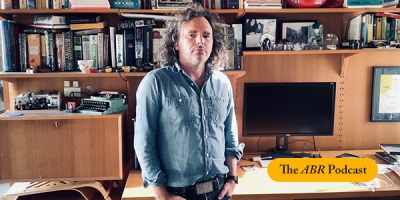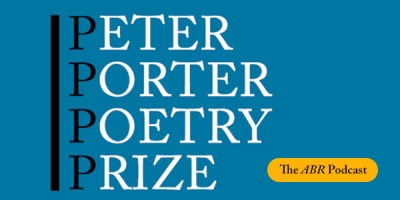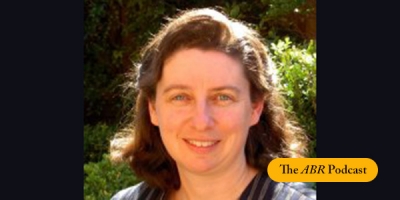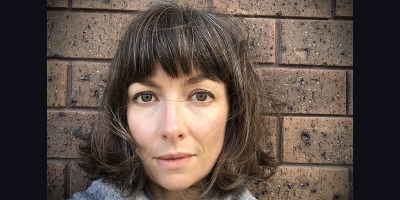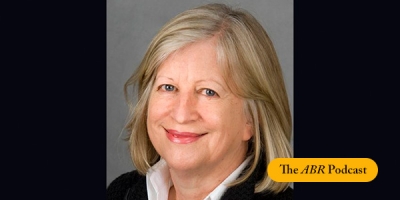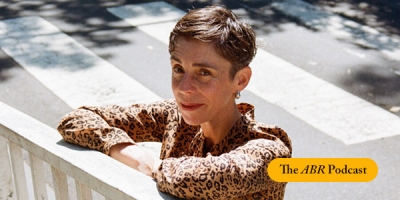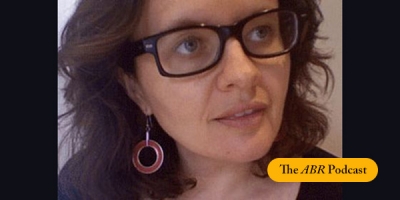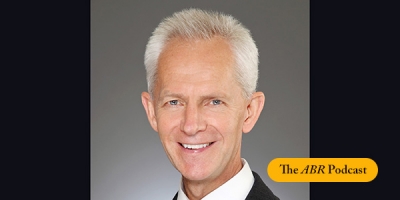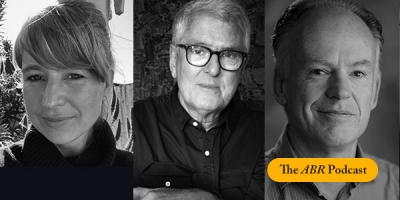Australian Book Review
In this week’s ABR Podcast, Joel Deane argues that one person more than any other is the reason why more than sixty per cent of voters said No in the Voice referendum. Former prime ministers, he says, haunt Australian politics like Hamlet’s Ghost. Joel Deane is a poet, novelist and speechwriter. Listen to Joel Deane’s ‘A maddening country: The long political shadow of John Howard’, published in the December issue of ABR.
... (read more)Welcome back to the ABR Podcast. We begin 2024 with the Peter Porter Poetry Prize. First presented in 2005, the Porter Prize is one of the world’s leading competitions for a new poem in English. It is worth a total of $10,000, of which the overall winner will receive $6,000. This episode of the ABR Podcast features the five shortlisted poets reading from their work, with introductions from ABR Editor Peter Rose. The winning poem will be announced at an online ceremony on 23 January 2024. To register for this event, visit our website.
... (read more)This week’s ABR Podcast is a reflection on the future of referendums in the aftermath of the Voice. Constitutional scholar Anne Twomey argues that referendums in Australia are now an endangered species and reminds us of the original intent behind them. Anne Twomey is a Professor Emerita of the University of Sydney and was a member of the Constitutional Expert Group advising on the Voice referendum. Listen to Anne Twomey’s ‘Voiceless in Australia: Will we ever have another referendum?’, published in the December issue of ABR.
... (read more)This ABR Podcast features one of the eleven shortlisted entries in the 2023 Calibre Essay Prize, ‘The Morning Belongs to Us’, by Siobhan Kavanagh. The 2024 Calibre Essay Prize, worth a total of $10,000, is now open for entries and will be closed on the 22nd of January 2024. Full details can be found on the ABR website. Listen to Siobhan Kavanagh’s ‘The Morning Belongs to Us’, published in the November issue of ABR
... (read more)In this week’s ABR Podcast, Jelena Dinić pays tribute to Charles Simic, the Yugoslavian-born American poet, essayist, and translator, who died earlier this year. After her own poetry received an award in 2020, Jelena Dinić initiated a correspondence with Simic in Serbian, two writers ‘born in a country that doesn’t exist anymore’. Jelena Dinić’s writing in Serbian and English has been published in several literary journals and anthologies. Listen to ‘”Come closer and listen”: A tribute to Charles Simic (1938–2023)’, published in the November issue of ABR.
... (read more)In this week’s ABR Podcast, Marilyn Lake reviews My Grandfather’s Clock: Four centuries of a British-Australian family by historian Graeme Davison. Lake argues that Davison has produced an ‘uncommonly good family history’, in part because of the broader history he tells. Marilyn Lake is an Honorary Professorial Fellow in History at the University of Melbourne. Listen to Marilyn Lake’s ‘The ancestors: An uncommonly good family history’, published in the November issue of ABR.
... (read more)In this week’s ABR Podcast, Catriona Menzies-Pike reviews Richard Flanagan’s new hybrid work Question 7. Menzies-Pike argues that Flanagan’s ‘sweeping engagement with history ultimately brings the author back to himself’ in ways that limit understanding of the present tense. Catriona Menzies-Pike is a literary critic and former editor of the Sydney Review of Books. Listen to ‘The Measure of things: Flanagan’s looping book of questions’, published in the November issue of ABR.
... (read more)On this week’s ABR Podcast historian Zora Simic reviews Graeme Turner’s new book, The Shrinking Nation: How we got here and what can be done about it. Simic argues that state-of-the-nation books ‘can capture the Zeitgeist, but always run the risk of being outrun by history itself’. Zora Simic is a Senior Lecturer in History and Gender Studies at the University of New South Wales and a regular reviewer for ABR. Listen to Simic’s ‘Capturing the mood: A new addition to a tricky genre’, published in the October issue of ABR.
... (read more)On this week’s ABR Podcast, Julian V. McCarthy reviews Powering Up: Unleashing the clean energy supply chain by Alan Finkel. McCarthy endorses Finkel’s claim that conceptually and technically the solution is simple – ‘electrify everything’ – as well as his judgement that this transformation will require considerable social, economic, and political shifts. Julian V. Mcarthy is a senior adviser on clean energy transition. Listen to ‘Shipping sunshine: Accelerating clean energy transformation’, published in the September issue of ABR.
... (read more)This week, on the ABR podcast, we feature a special conversation between author and journalist David Marr, historian Mark McKenna and ABR’s Georgina Arnott, recorded in the middle of September 2023, one month out from the Voice referendum. The subject was David Marr’s new book, Killing for Country: A family story, which takes the reader to early nineteenth-century New South Wales and follows the bloodshed of invasion as it tracks north. Mark McKenna’s review of Killing for Country is published in the October issue of ABR.
... (read more)
